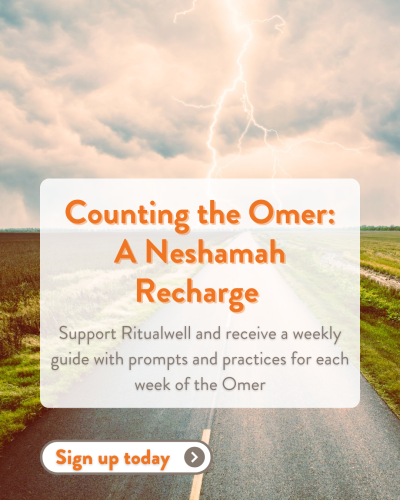For those who were not ready to say goodbye
For the spring traditions that were never had
For the empty graduation stage
For the zoom calls and instagram posts that can’t replace a final hug with your best friend, which would have squeezed you tight and bunched up your silky graduation robe
For the tears that were shed so suddenly
For when you stare at the walls of your childhood bedroom, because if you squint hard enough it looks just like your dorm wall
For your heart that misses the simple things
For the sadness you feel when you drink your mom’s homemade coffee, because while your dining hall’s plain flavor wasn’t the greatest, it meant home
For the guilt that sits like a knot in your stomach telling you not to dare complain, to get over it
For those who don’t understand you are mourning a loss
In the Jewish tradition, when we mark someone’s passing, we say kaddish.
It is not a prayer of grief, but of praise.
Glorified and sanctified be the name of God
We praise the divine
We remember the beauty of creation
We bless the one who brings us life and light
We bless the one who brings us loss and dark
We remember all good things must end
עושה שָׁלום בִּמְרומָיו
Oseh shalom bimromav
May there be abundant peace
We long for a world of peace
We promise to build this world of peace
אמן
Amen
As we recite this, we are surrounded by our community
As we recite this, we are held.
Maybe not with their arms,
But with their hearts.













